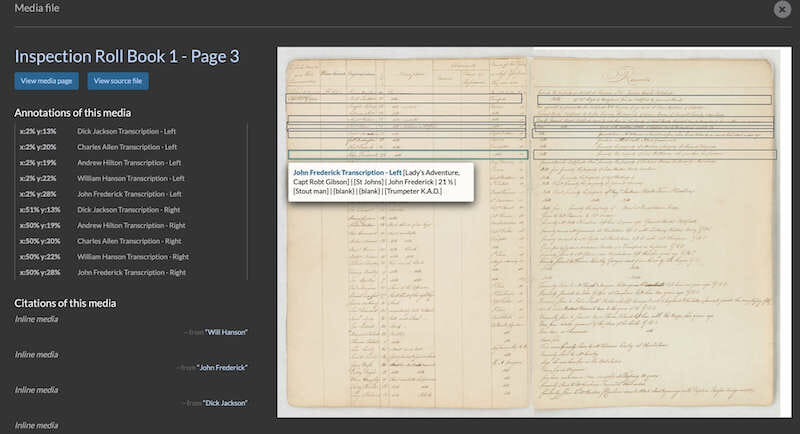Why Study History?
We study the past to understand the present. We look to history to explain the social, cultural, and political forces that shape the world in which we live. History majors at Shepherd pursue individual projects and a course of study grounded in careful analysis of historical sources. They acquire a diverse set of skills that are appealing to a broad range of future employers. Students learn how to research and process historical data. They learn how to write in a clear and concise fashion for different audiences. They are prepared for the modern workforce with digital skills including website design and database maintenance. Most importantly, history students learn to think critically and are intellectually curious, traits that are central to a fulfilling life and are the cornerstones of a free society.
Why Shepherd?
Small Classes:
We offer small class sizes. Class sizes average between 15 and twenty students. History majors work directly with expert faculty from day one.
Location:
Shepherd’s location on the banks of the Potomac and in the lower Shenandoah Valley provides a setting especially conducive to historical study. The oldest town in West Virginia, Shepherdstown is a living museum of architecture and material culture. Three national historical parks are nearby: the Chesapeake and Ohio Canal, Harpers Ferry, and Antietam. Other parks, historical sites, museums, and the major research centers of the Library of Congress and the National Archives are within a reasonable drive or accessible by commuter train.
Internships:
The history program works with regional partners to provide internships and hands-on research opportunities. Partners include the Antietam National Battlefield, the Robert C. Byrd Center for Congressional History and Education, and many more.
Different Degree Options:
We offer undergraduate degrees in three concentrations:
- Civil War/Nineteenth-Century America
- Historic Preservation/Public History
- General History
Our Civil War/Nineteenth-Century America and Historic Preservation/Public History concentrations are Common Market programs for students in many of the surrounding states, offering West Virginia in-state tuition.
The George Tyler Moore Center for the Study of the Civil War
Students interested in the Civil War era may gain experience at Shepherd University’s George Tyler Moore Center for the Study of the Civil War, which is engaged in a long-term project to establish a Civil War soldier database, with initial emphasis on West Virginia soldiers. The Center has a magnificent Civil War library and sponsors lectures by leading authorities on antebellum and Civil War history, summer seminars, and battlefield tours.
Shepherd University History Program Mission Statement
The primary goal and objective of the History Program is to provide every student with a high-quality educational experience. The program is committed to the mission of the Core Curriculum program of the university and the adoption of the LEAP outcomes developed by the American Association of Colleges and Universities. These intended outcomes include:
● Knowledge of Human Cultures and the Physical and Natural World
● Intellectual and Practical Skills
● Personal and Social Responsibility
● Integrative and Applied Learning
The History Program meets these goals by imbuing its students with the critical mindset essential to history as a discipline. Students in all classes are expected to gain a broad understanding of the events of human history, analyze primary and secondary source material, display the ability to think critically and write coherently. Students are encouraged to understand the role of historical knowledge in creating the basis for active and informed citizenship. History majors are introduced to the discipline of history and trained in the skills it requires with the aim of preparing them for post-graduate employment or graduate studies. History majors are required to complete 12 hours in a foreign language or to demonstrate equivalent competence.






